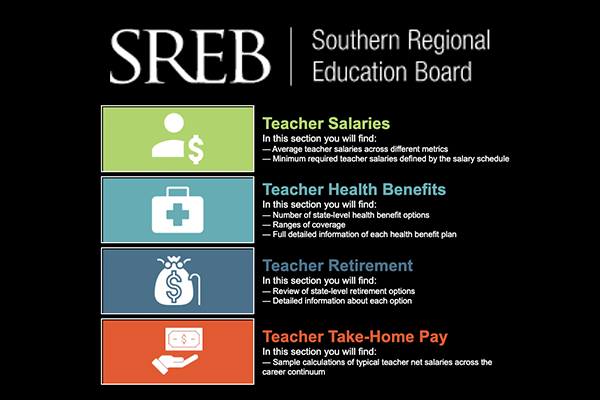Research and reports produced by NCEE’s partners are highly valuable and help to inform the organization’s work researching the world’s top-performing education systems around the world and identifying the strategies those countries have used to produce their superior performance. This month, we highlight a new study and comparative data tool our team found of interest.

The events of 2020 have brought new urgency to conversations centered on inequities in education. Produced by the Center for Global Education at Asia Society and Policy Study Associates, System Strategies to Advance Educational Equity: Lessons from a District Learning Cohort aims to address the question: How can school districts create more equitable opportunities and dismantle systemic barriers facing many students, families and educators?
The report reflects the researchers’ participation in a series of webinars, visit to the Toronto District School Board (TDSB) and interviews with district leaders who are part of a learning cohort convened by Asia Society and Digital Promise. Actions and strategies that TDSB and the learning cohort districts are implementing at a systemwide-level to translate equity commitments to action include:
- Setting a clear and explicit vision for equity;
- Ensuring that equity is owned at all levels;
- Translating equity plans into actions;
- Building equity capacity among school staff and leaders;
- Ensuring equitable access to quality instruction; and
- Enabling students and families to thrive.
NCEE President & CEO Anthony Mackay served as an advisor to the learning cohort districts and moderator of the Toronto convening. He is also a council member of the Center for Global Education at Asia Society. Read the report, which features first-hand commentary from district leaders, here.

The Southern Regional Education Board (SREB) has created a new interactive teacher-compensation dashboard that provides information on teacher pay and benefits in the 16 SREB member states, allowing users to track teacher pay and benefits at different stages of their careers. “This first-of-its-kind data dashboard will inform policymakers and educators as they make critical decisions about teacher compensation and the entire system of support for educators,” SREB President Stephen L. Pruitt said. One key finding SREB uncovered using the tool: “Teachers’ take-home pay is remarkably low overall and doesn’t increase substantially over the course of a teaching career. A first-year teacher earning the average starting salary of $38,420 in SREB states takes home only $27,851 after basic taxes and benefit costs.” Read more here.
Tell us what you’re reading. Sending us a message on Twitter @CtrEdEcon.




